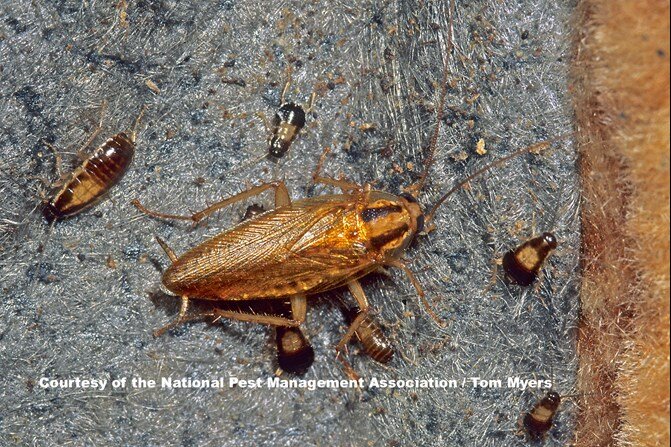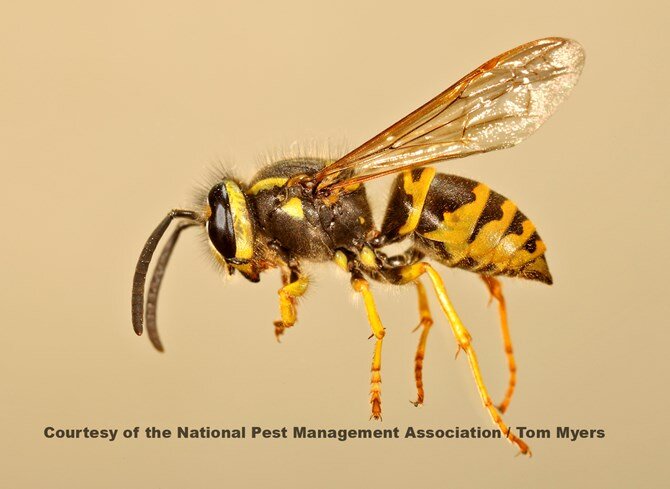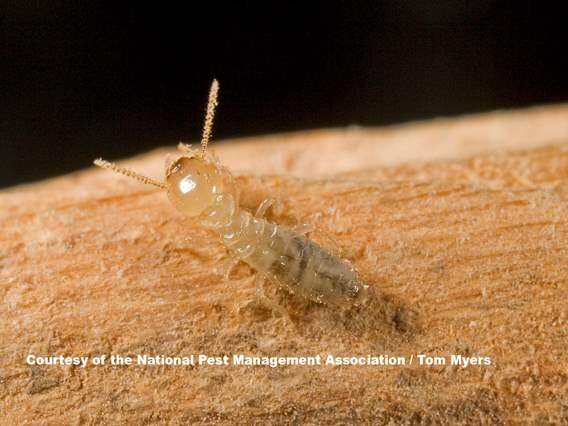Take this short quiz to see what you’d be if you were a bug! (No worries, we won’t come out and spray you!) Then check your answers at the bottom!
What’s your work style?
I’m a loner, it’s every man for himself!
Busy busy busy
Lots of planning and teamwork!
I do what I’m told and nothing else
What’s your food preference?
Anything. I mean ANYTHING.
I’ve got a mean sweet tooth
Like to eat lots of small meals
Plant based all the way!
What’s your favorite hobby?
Eating and feeding my ever-growing family
Building things
Line dancing with friends
Woodworking
Favorite game or sport?
Running
Boxing
Anything with a TEAM
Hide and seek
Favorite binge watch?
Anything on the Food Network! Yummy!
American Ninja Warrior so I can pick up tips!
Friends, the more the better!
This Old House
ANSWERS:
If you answered with mostly #1, you’re a cockroach. You’ve survived for millions of years and you’ll survive many more, just doing what you’re doing, eating and reproducing.
If you chose mostly #2, you’re a stinging insect. You’re fiercely territorial and will fight to defend your turf.
If you leaned toward #3, you’re an ant. For you, it’s all about the teamwork with your community and working toward a common goal.
Feeling like #4 describes you? You’re a termite! You’re beneficial in the woods, but in people’s houses? Not so much.
This is all just having some fun, but we’re actually really serious about pests. If you’ve got any of the bugs described here, or anything else, give us a call!






